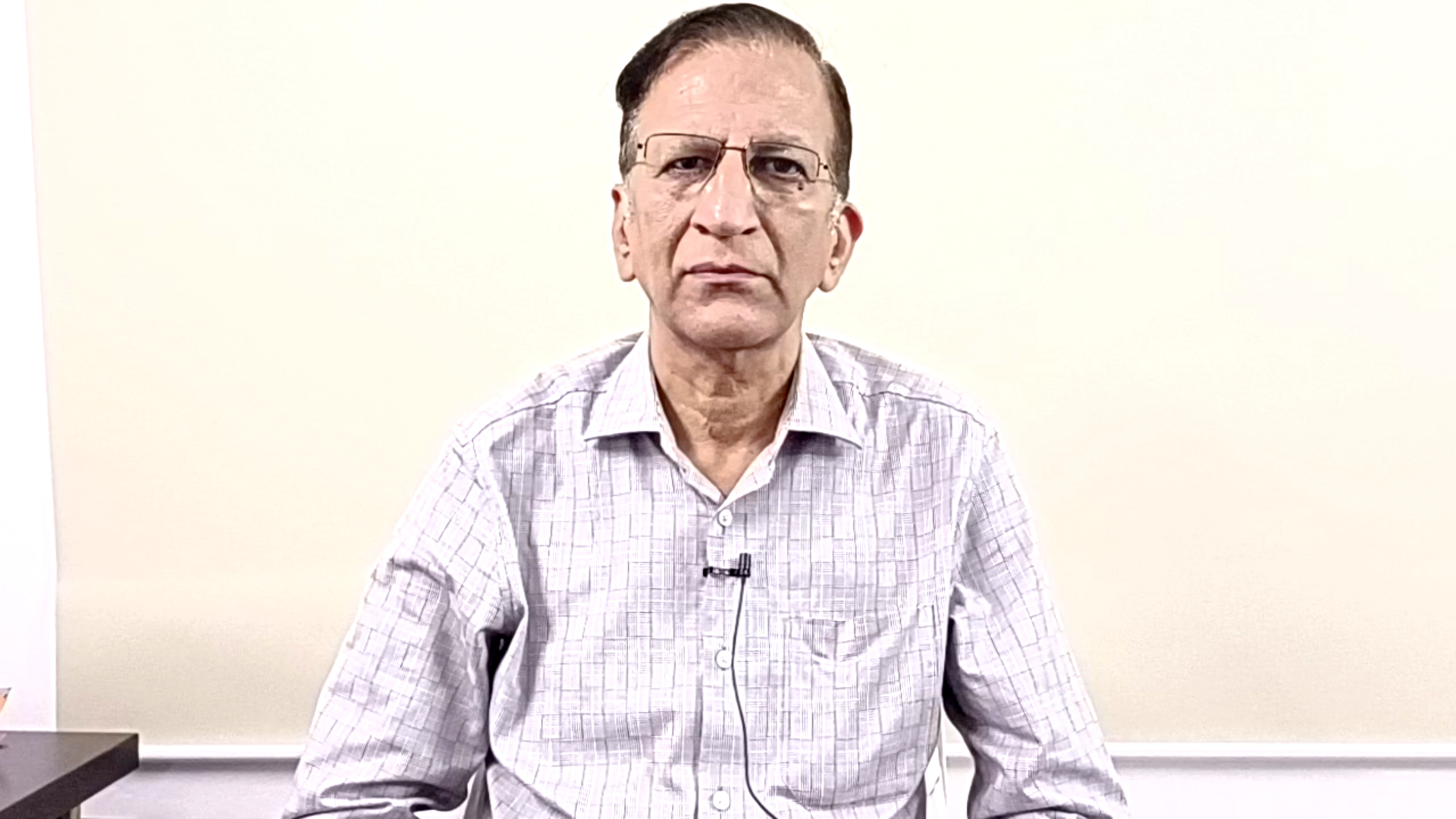
Mental stress, pollution causing heart attack incidences: (Prof) Dr Neeraj Pandit
Rising incidences of heart attacks and heart diseases among youngsters in India have become a worrying trend. Unhealthy lifestyle habits such as eating fast food, alcohol consumption, smoking, obesity, sedentary lifestyle and diseases including diabetes and hypertension are major risk factors for heart diseases, also known as cardiovascular diseases.
Drug Today Medical Times spoke to Prof. (Dr) Neeraj Pandit. Prof Pandit is the Head of the Department of Cardiology at Rajiv Gandhi Super Specialty Hospital in Delhi and has many research papers with over 130 citations.
DTMT: What are the common risk factors for heart attacks?
Prof Pandit: High blood pressure and diabetes, deposition of cholesterol in blood vessels, smoking, and environmental exposures, including passive smoking and air pollutions are major risk factors for heart attacks and heart diseases.
The World Health Organisation considers air pollution as a major risk factor for heart attacks. Moreover, multiple research has now established the fact that air pollutants indeed aggravate the plaque building in the arteries,
In developing countries like India, the air pollution level is very high and the pollutants stay in the air throughout the year for a long duration. You must have noticed that during winters, they remain suspended at lower levels and appear as thick fog, especially during the morning hours. These small particulate matters enter our blood vessels and shrink them.
Many a time, it has been observed that heart attacks have been reported within one to two hours of exposure to air pollution. Research has proved it.
We advise our patients that they should refrain from moderate to high exercise during winter when the air pollution becomes worse. Patients with heart disease must refrain from going for early morning walks given worsened air pollution.
DTMT: What are the signs and symptoms of heart attacks?
Prof Pandit: Usually, one does not get a signal that he or she is going to suffer from a heart attack, but some indications such as heaviness in the chest, nausea, difficulty in breathing while taking a walk and excessive sweating occur in the event of a heart attack.
Such symptoms subside when the person rests but starts redeveloping when the person starts walking as it presses on the heart during a walk.
Pain, which happens in the heart, does not need to move into the left arm, contrary to popular perception, and even static chest pain could be because of a cardiac arrest.
If a person suffers from intense pain in the chest, and if this pain persists for more than 20 minutes, then the possibility is high that it could be because of a cardiac arrest and in such situations, efforts must be ensured to seek expert medical care immediately.
Long breathing, pressing of the chest and coughing do not have any impact on the heart as the heart is a very well-packed internal organ and cannot be reached from outside.
DTMT: Are favourable blood reports enough to predict that there will not be a heart attack?
Prof Pandit: Some patients say that they had good blood reports and they underwent angiography tests to rule out the possibility of a heart attack. Yet they suffer from the attacks.
Though it may sound contradictory, it has a certain answer in cholesterol deposition.
Deposition of cholesterol begins from the age of two years, which keeps on increasing with age. These depositions do not interfere with blood flow till more than 70% of the arteries get blocked.
However, one should be careful as fat deposition in the arteries to the tune of even 50% could trigger the deposits to chip off from the internal walls of blood vessels and develop blood clots, which would deprive the heart of its blood supply, thereby forcing them to work harder leading to heart attacks.
|
DTMT: What are major lifestyle issues that can trigger a heart attack?
Prof Pandit: Uncontrolled hypertension, diabetes, obesity, lack of physical activities, bad eating habits like excessive eating of junk food and smoking and last but not least mental stress are major lifestyle issues that can trigger a heart attack.
Researchers are now certain that mental stress is as big a factor as smoking in triggering a heart attack. Added to that high salt intake is mostly found in processed or packaged food, and the use of hydrogenated vegetable oil (Vanaspati) is detrimental to cardiac health.
DTMT: How does stress affect our cardiac health?
Prof Pandit: It has been found in research that people who suffer from an episode of a heart attack had intense mental stress either at the workplace or some issue in the family for the preceding six months of such an event.
Whenever anyone continues to suffer from mental stress, the body releases hormones that increase the risk of deposition of cholesterol, while the level hormones that relax coronary arteries are released in lesser quantities.
DTMT: How do you perceive the issue of drinking alcohol and its effect on cardiac health?
Prof Pandit: In India and some other countries, there is a common belief that alcohol is good for the heart, but I am afraid to say that it is not so. In India, people have different tendencies toward drinking. Some days, people indulge in binge drinking, which means that they take large amounts of alcohol while some days they do not drink at all.
People must realise that excess alcohol in the blood triggers an attack in the brain known as a paralytic attack, which is very common in India. Alcohol increases blood pressure, weakens the heart muscles and makes the heart beat irregular.